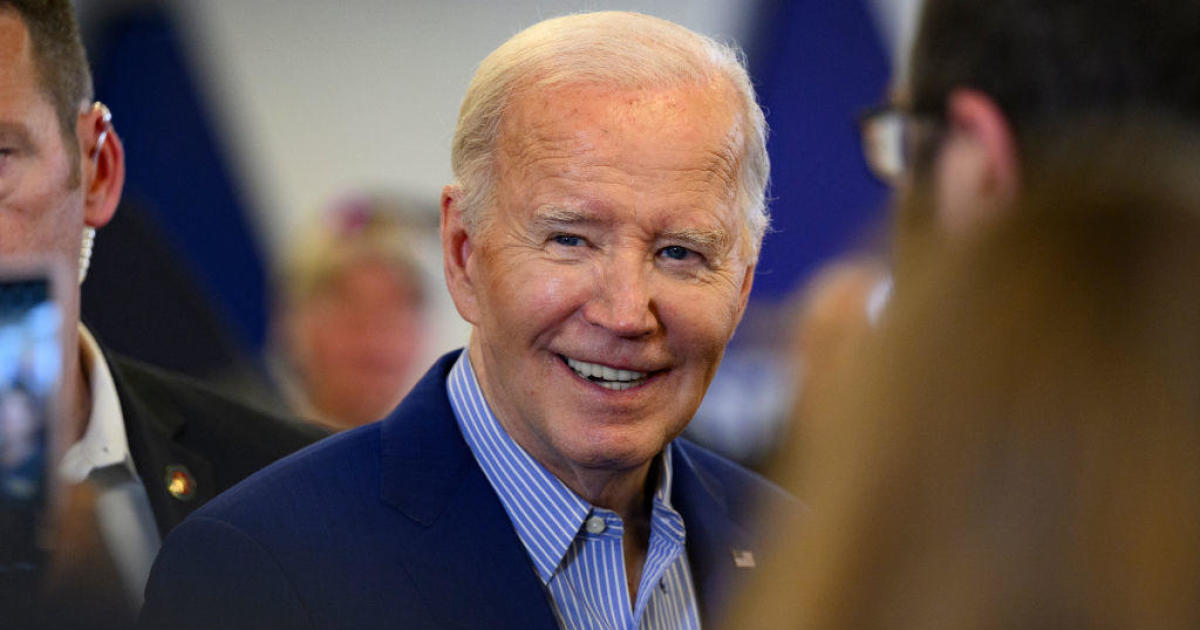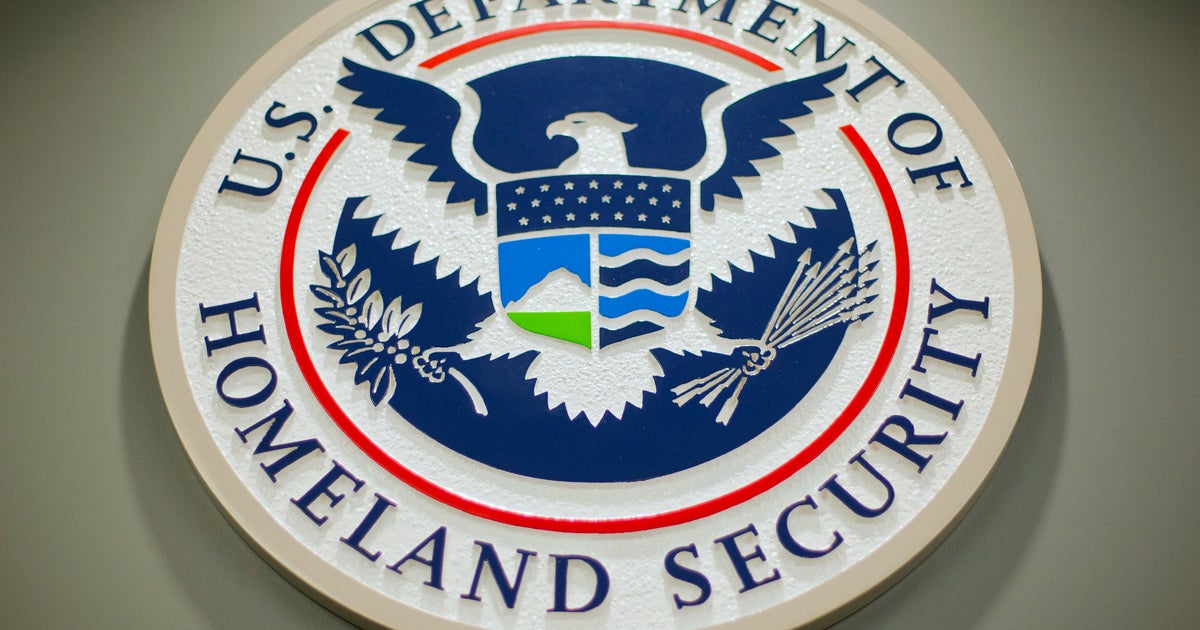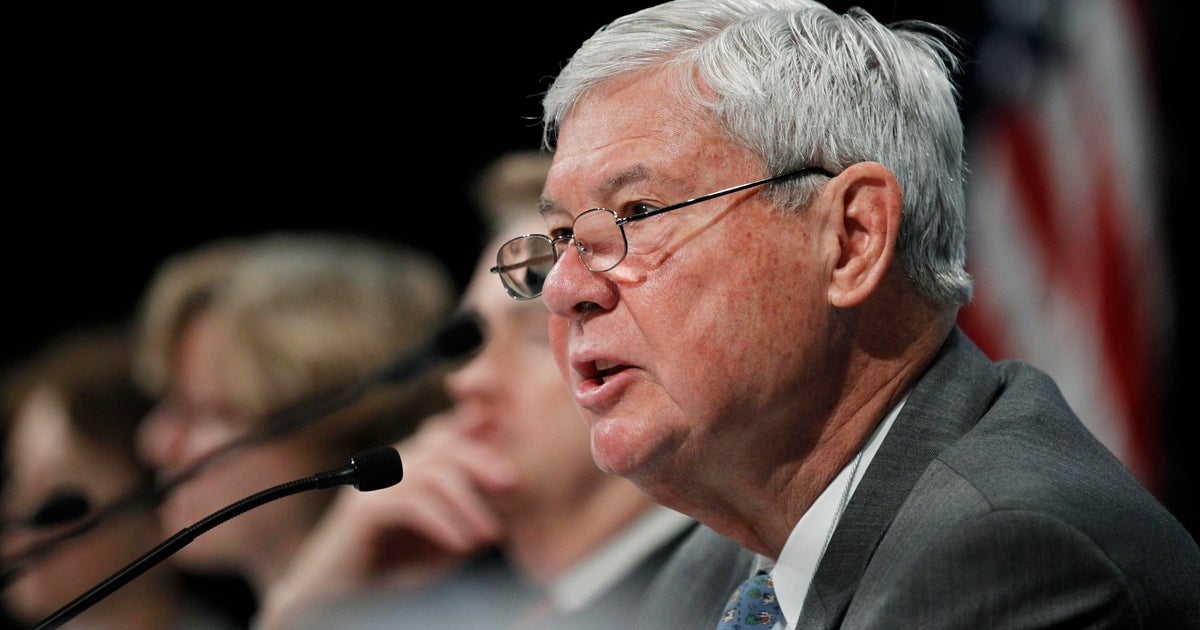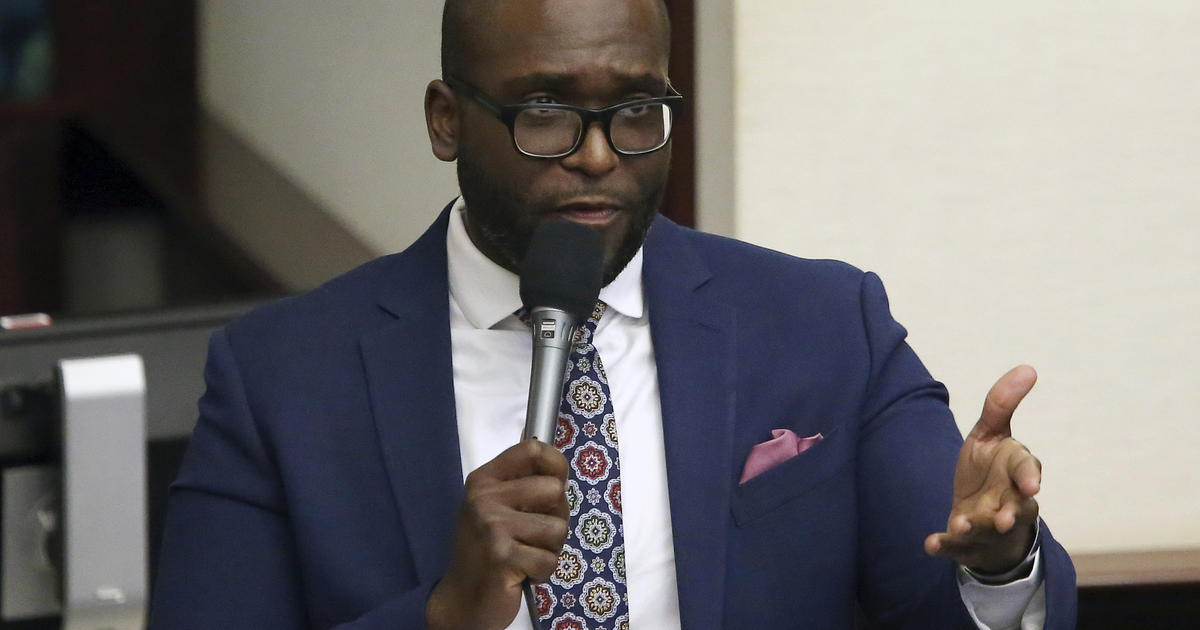Voter Rule Changes Could Impact Hispanic Vote
WASHINGTON (CBMiami/AP) – Voter roll purges, demands for proof of citizenship and photo identification requirements in several states including Florida could hinder at least 10 million Hispanic citizens who seek to vote this fall.
That's according to an analysis based on government data, civil rights group The Advancement Project identified legal barriers that could deter voter registration and participation among eligible Hispanics.
Hispanic voters are considered pivotal to the presidential election this November, and are being heavily courted by both Democratic incumbent Barack Obama and Republican challenger Mitt Romney. If they turn out in large numbers, Hispanics could sway the outcome in several swing states.
The report called for repeal of policies that wrongfully inhibit Hispanic voters, and asked that the Justice Department investigate and prosecute "any related voting rights violations."
According to census data, there were more than 21 million Hispanics of voting age in 2010. They comprised roughly 10 percent of all eligible voters and 8 percent of registered voters in the U.S.
Among eligible Hispanics in 2010, 6.3 million said they were not registered to vote, and 10.8 million, about half of those of voting age, said they did not vote, the report said.
By comparison, the report said, there were 172.4 million non-Hispanic white citizens eligible to vote in 2010, with nearly 18 percent unregistered and 38 percent who said they did not vote.
There are three significant barriers to Hispanic voter participation, researchers said: citizenship-based voter purges, proof of citizenship requirements and photo identification laws.
Sixteen states have either adopted or are pursuing citizenship-related purges of their voter rolls, the report said. Those states are Alaska, Arizona, Arkansas, Colorado, Florida, Georgia, Iowa, Kansas, Michigan, New Mexico, North Carolina, Ohio, Tennessee, Texas, Utah and Washington.
Those states are home to nearly 5.5 million registered Latino voters, and 1.1 million naturalized citizens from Latin America. Colorado and Florida identified voters for possible purging by comparing their voter registrations with driver's license databases that show which voters indicated they were immigrants — thereby creating a problem, the report said.
"Naturalized citizens typically received their driver's licenses when they were legal immigrants but before becoming naturalized citizens (and before registering to vote); therefore, this method generates lists of voters to be checked that targets naturalized citizens," the report said.
Florida stopped its effort to remove noncitizens from its voter rolls once officials realized that they were using an outdated database to check citizenship.
As of last month, laws requiring additional citizenship documents — a certified birth certificate, passport or naturalization papers — in order to register to vote were in effect in Georgia, might take effect in Alabama and Arizona later this year, and had been proposed in several states, the report said.
Such a demand was "previously unheard of" in the U.S., the report said, mainly because federal protections against noncitizens registering to vote already were in place. Asking for extra paperwork effectively puts "onerous and sometimes expensive" requirements on Latino voters at a disproportionate rate over others, researchers said.
The same is true for "restrictive" photo identification laws in nine states: Georgia, Indiana, Kansas, Mississippi, Pennsylvania, South Carolina, Tennessee, Texas and Wisconsin, the report said.
(TM and © Copyright 2012 CBS Radio Inc. and its relevant subsidiaries. CBS RADIO and EYE Logo TM and Copyright 2012 CBS Broadcasting Inc. Used under license. All Rights Reserved. This material may not be published, broadcast, rewritten, or redistributed. The Associated Press contributed to this report.)



